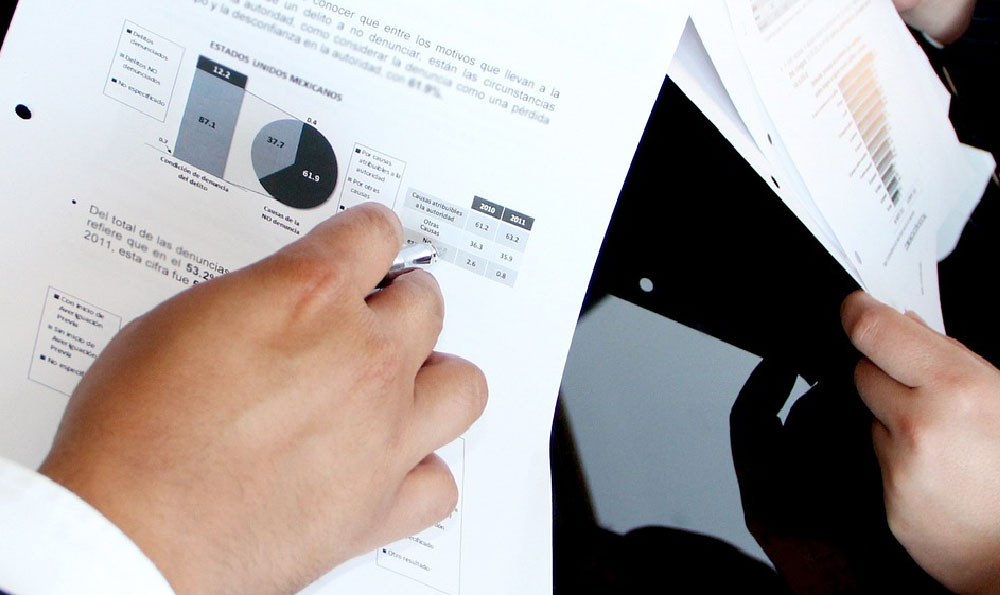Day trading, the practice of buying and selling financial instruments within the same trading day with the goal of profiting from small price movements, has captivated the imaginations of many aspiring investors. The allure of rapid profits and the perceived freedom of working from anywhere fuel the dream of financial independence through day trading. However, beneath the surface lies a complex and challenging landscape that requires significant knowledge, discipline, and risk management skills. The question remains: can you really make money day trading? The answer, unfortunately, is a nuanced one, far from a simple yes or no.
The potential for profit certainly exists. Day traders seek to capitalize on intraday volatility, exploiting short-term price fluctuations in stocks, currencies, commodities, or other assets. These opportunities arise from a variety of factors, including news events, economic data releases, market sentiment, and technical patterns. Skilled day traders use technical analysis, chart patterns, and various indicators to identify these potential entry and exit points, aiming to buy low and sell high (or short sell high and buy low). The leverage offered by many brokers can amplify both potential profits and losses, allowing traders to control larger positions with less capital. This magnification effect is a double-edged sword, significantly increasing the stakes and demanding careful risk management.
Despite the potential for gains, the reality for most aspiring day traders is often harsh. The statistics paint a bleak picture: a substantial majority of day traders lose money, and only a small percentage consistently achieve profitability. Several factors contribute to this high failure rate.

One of the primary hurdles is the intense competition. Day traders are not simply competing against other amateurs. They are up against sophisticated institutional investors, hedge funds, and algorithmic trading systems that possess advanced technology, vast resources, and highly skilled professionals. These entities have access to faster data feeds, more powerful trading platforms, and superior analytical tools, giving them a significant advantage in identifying and exploiting market inefficiencies. The playing field is far from level, and individual day traders often find themselves at a distinct disadvantage.
Furthermore, the psychological demands of day trading are immense. The fast-paced nature of the market, coupled with the constant pressure to make quick decisions, can lead to emotional trading, which is often detrimental. Fear, greed, and overconfidence can cloud judgment, causing traders to deviate from their strategies and make impulsive mistakes. The ability to remain calm, disciplined, and objective under pressure is crucial for success, but it is a skill that requires significant practice and self-awareness. Successful day traders must develop a robust mental framework to manage their emotions and stick to their pre-defined trading plans.
Another common pitfall is inadequate risk management. Day trading involves inherent risks, and failing to manage those risks effectively can quickly lead to substantial losses. Many novice traders overestimate their ability to predict market movements and underestimate the potential for things to go wrong. They may use excessive leverage, fail to set stop-loss orders, or hold onto losing positions for too long in the hope of a reversal. These mistakes can wipe out their trading accounts and leave them financially devastated. A well-defined risk management strategy, including position sizing, stop-loss orders, and diversification, is essential for preserving capital and mitigating losses.
Moreover, consistent profitability requires a deep understanding of market dynamics, technical analysis, and trading strategies. Simply following popular trends or relying on hunches is a recipe for disaster. Successful day traders invest significant time and effort in learning the intricacies of the market, developing their own trading systems, and continuously refining their skills. They backtest their strategies, analyze their performance, and adapt to changing market conditions. This ongoing process of learning and improvement is crucial for staying ahead of the curve and maintaining a competitive edge. The learning curve is steep, and it takes dedication and perseverance to master the necessary skills.
Finally, adequate capital is essential. Day trading requires sufficient capital to withstand inevitable losing streaks and to take advantage of trading opportunities. Trading with too little capital can force traders to take on excessive risk, which increases the likelihood of losses. Moreover, regulatory requirements, such as the Pattern Day Trader rule in the United States, mandate a minimum account balance for those who engage in frequent day trading. Insufficient capital can severely limit trading options and hinder profitability.
In conclusion, while the possibility of making money through day trading exists, the probability of success is low. It is a high-risk, high-reward activity that requires significant knowledge, discipline, risk management skills, and capital. For most people, day trading is not a viable path to wealth or financial freedom. It is more akin to gambling than investing. Before venturing into the world of day trading, it is crucial to conduct thorough research, understand the risks involved, and assess your own skills and resources. Consider starting with a demo account to practice your strategies and gain experience without risking real money. If you are serious about day trading, be prepared to dedicate a significant amount of time and effort to learning and improving your skills. And, most importantly, never risk more than you can afford to lose. A more prudent approach for most individuals is to focus on long-term investing strategies and diversify their investments across different asset classes. Building a solid financial foundation through responsible saving and investing habits is far more likely to lead to long-term financial success than chasing the fleeting profits of day trading.











